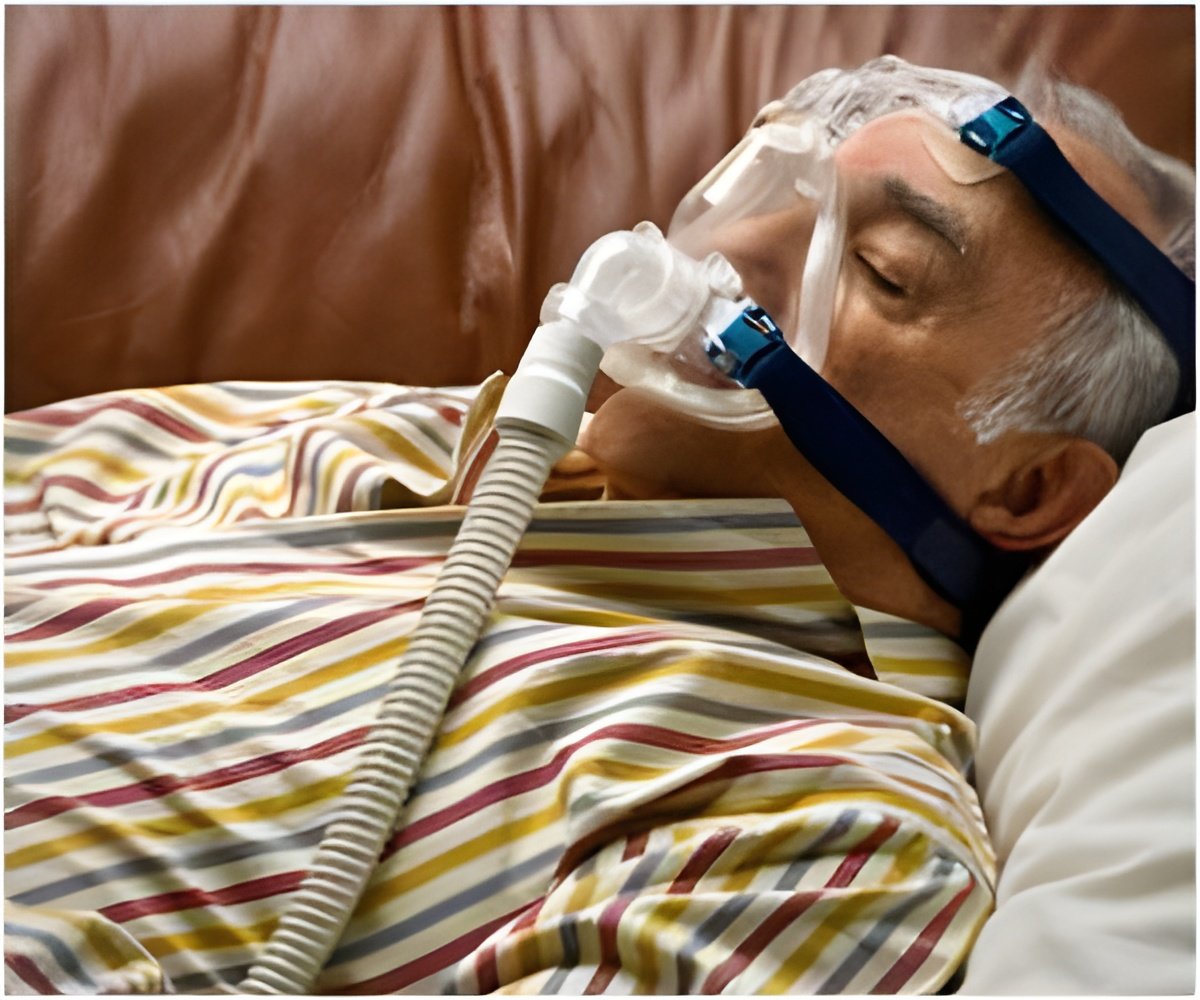
"The results of the study will be presented at the ATS 2013 International Conference.In the study, plasma samples from 90 ICU patients from the Brigham and Women's Hospital Registry of Critical Illness, with systemic inflammatory response syndrome (SIRS), sepsis, or sepsis/acute respiratory distress syndrome (ARDS) were tested for the presence of 411 metabolites. These metabolites were analyzed for possible associations with 28-day mortality using a statistical model that adjusted for age, race, gender, malignancy status, and Acute Physiologic and Chronic Health Evaluation (APACHE) score. Of 90 enrolled patients, 30 died by Day 28. Before statistical adjustments were made, a total of 59 metabolites were differentially expressed in survivors and patients who died. These were tested in an independent cohort of 150 patients with sepsis participating in the Community Acquired Pneumonia & Sepsis Outcome Diagnostics (CAPSOD) study. 34 of the individual metabolites were associated with death in that cohort as well.A final predictive model was created using a statistical model, Bayesian Networks, and included five metabolites: sucrose, and mannose from the carbohydrate pathway and arginine, methionine, and beta-hydroxyisovalerate amino acids. The network was highly associated with mortality in both populations."
"We were impressed with the profound metabolic derangements that were associated with death in two separate cohorts of critically ill patients," said Dr. Rogers. "Because these results replicate well in two populations, it suggests that measuring plasma metabolites may be an important tool for identifying patients at highest risk for death in the ICU."
Source-Eurekalert











